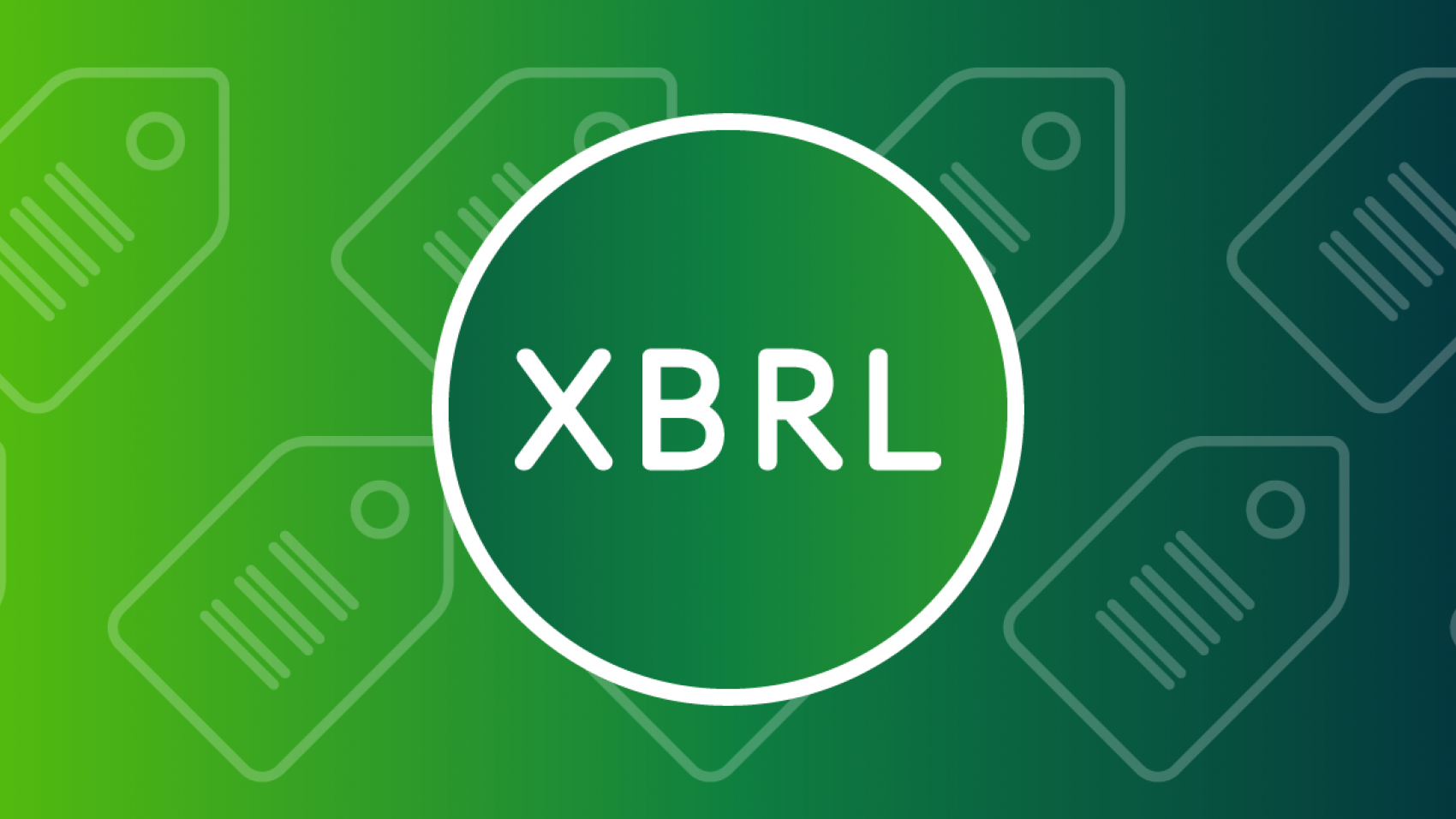3 Myths of Outsourcing XBRL Tagging

New XBRL® mandates have historically resulted in many companies outsourcing their XBRL tagging at the beginning. However, technology has dramatically improved the ease of XBRL integration with the overall reporting process, and more and more teams are bringing tagging in-house. Some companies will always outsource parts of the process. If you continue to use third parties, make sure you understand the truth about tagging—do not make the decision based on these common myths.
Three common myths of XBRL
An increasing regulatory reporting burden, including XBRL and Inline XBRL® (iXBRL®) requirements themselves, have placed more pressure on reporting teams to deliver disclosures under tight deadlines and even tighter scrutiny. It is not surprising that they might feel the need to offload some responsibilities—but XBRL tagging is not the tall task it once was.
In general, companies state the following reasons for outsourcing their XBRL and iXBRL tagging:
- You do not need to learn about the XBRL standard if you outsource it to a vendor.
- Outsourcing XBRL removes another responsibility from your already busy team.
- Reviewing and tagging your XBRL reports in-house is too hard and time-consuming.
In reality, each one of these reasons are myths.
Let's take a closer look at each and find out why outsourcing XBRL may not be the best choice for your organisation.
Myth No. 1: You don't have to learn about XBRL
You don't have to be a plumber to hire someone to fix your sink. Why should you have to know about XBRL in order to outsource the work? If only it were that simple.
Not having to know the minutiae of XBRL seems like one of the more obvious benefits of using an outside service, in addition to having their staff shoulder the burden of the reporting for you.
However, just because your outsource service understands XBRL tagging, you and your team are not entirely in the clear. Understanding the implications of the XBRL format for your review process is still essential and unavoidable.
In order to thoroughly review your filing, you need to be able to:
- Know what is available in the taxonomy, so you can ensure that your service provider has selected the correct taxonomy items. Regardless of their experience, they won’t know your reporting requirements as well as you.
- Understand when an extension should be created, so you can verify that each extension is created correctly, reflects your reporting intentions and is necessary.
- Understand how the Inline XBRL format transforms values in order to articulate exactly which values are being reported.
Even if you are not interested in doing the actual mapping, developing a review process and becoming familiar with the rules and guidance for XBRL is essential.
Myth No. 2: Outsourcing XBRL removes responsibility from overburdened teams
While you can outsource XBRL tagging, the legal liability for your filing cannot be outsourced. Ultimately, you and your company are accountable for the accuracy of your filing, not your vendor.
Your team will still need to understand and review the filing and ensure the board and relevant committees are confident in the quality of the tagging. The ability to provide understandable and comprehensive reviews of tagging decisions and quality remains an essential responsibility, even where the task of tagging itself has been completed.
Myth No. 3: In-house XBRL tagging is too hard and time-consuming
Back to that plumbing analogy—one reason you call someone to fix the sink is that the work is too difficult and requires skills and specialised equipment you simply might not possess. Sure, you may be able to do the work, but not as efficiently as the experts.
While it might appear to be the same way with XBRL, this is no longer the case. With the right tools, in-house XBRL tagging can be done efficiently.
Fully integrated disclosure solutions allow teams to gain XBRL knowledge while mapping and tagging their own documents. When using the right solutions and working with a team of experts, performing your own XBRL mapping, modelling, tagging and filing allows you to be in control of the entire process and file on your timeline.
How to integrate XBRL into your existing in-house reporting process
What does the financial reporting process look like in an integrated compliance report creation environment? If you are looking for your own solution, it should allow you to:
- Create your entire filing in an integrated system
Modern financial reporting software gives you greater control over your entire reporting process. Many solutions now allow you to map and tag your XBRL report in the same platform where you draft your document, which cuts preparation time and improves accuracy. - Work with a dedicated team of XBRL experts
There is no need to go it alone, and making sure you have a knowledgeable support group by your side is key. Having access to a team of XBRL experts gives you get the best of both worlds—answers are only a call away, but you continue to own the process. After all, no one knows your financial report better than you do. - Continuously review XBRL throughout the filing process
In order to make the review more manageable, your XBRL tags can be viewed during the reporting process, so errors can be corrected promptly. You can increase the accuracy of your reports by monitoring changes throughout your entire timeline. Correcting potential errors before they become an issue will save you time at the end, when you need it most.
In conclusion
These three myths about XBRL outsourcing are just that—myths. Since you and your company are ultimately responsible for the accuracy of your filing, you can take the necessary steps to ensure that accuracy in-house.
Outsourcing all or part of your XBRL filing does not remove the need to learn about the implications of XBRL requirements. You will still need to review your filing. With the right solutions and support, taking control of your own XBRL mapping, modelling, tagging and filing is not as difficult as you might think.
XBRL®, Inline XBRL®, and iXBRL® are trademarks of XBRL International, Inc. All rights reserved. The XBRL® standards are open and freely licensed by way of the XBRL International License Agreement.
Inline XBRL and the Future of Financial Reporting
See how iXBRL® is changing the way financial reports are prepared and analyzed.


